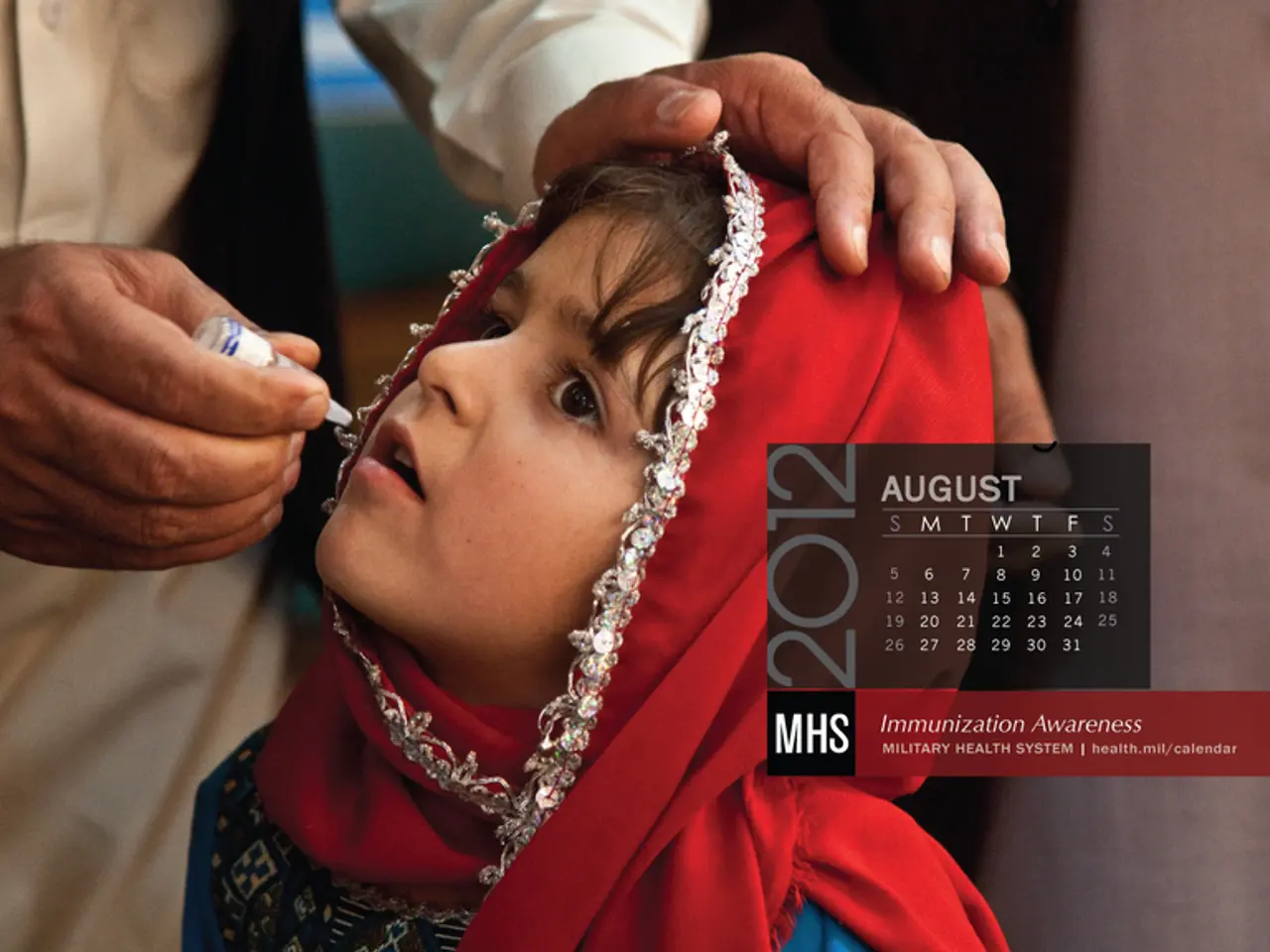Understanding Ebola: An Overview
Ebola, a severe and often fatal disease, is caused by the Ebola virus, a member of the Filoviridae family. The virus is transmitted to humans through direct contact with the bodily fluids of infected individuals or animals, including blood, saliva, sweat, vomit, and other secretions.
The Ebola death rate varies by outbreak and strain, ranging from 25% to 90%. Complications can arise from severe dehydration, organ failure, and secondary infections. As the disease progresses, more severe symptoms can manifest, including vomiting, diarrhea, rash, internal and external bleeding.
Supportive care for Ebola patients includes hydration, electrolyte management, pain management, and continuous monitoring of vital signs and organ function. Maintaining proper hygiene and sanitation is vital in preventing the spread of Ebola, including regular handwashing and safe burial practices.
Diagnosing Ebola can be a complex process due to the virus's similarity to other infectious diseases. Healthcare providers must conduct thorough evaluations, assess contact history and travel history, and perform specific laboratory tests to confirm a diagnosis. If you suspect you or someone you know may have been exposed to the Ebola virus, it is vital to seek medical attention immediately.
Ebola outbreaks can strain local healthcare systems, leading to a shortage of medical supplies and personnel. Community awareness and education are essential for preventing Ebola transmission, focusing on informing people about the symptoms of Ebola, the importance of seeking medical help, and encouraging community members to report suspected cases to health authorities.
The virus can survive outside the human body for several hours to days, depending on the environment, posing a risk for transmission if not properly disinfected. The Ebola virus can also be transmitted through sexual contact, with survivors of Ebola carrying the virus in their semen for several months after recovery. Pregnant women infected with the Ebola virus can transmit the virus to their unborn child during pregnancy, childbirth, or breastfeeding.
Understanding the risk factors associated with Ebola is essential for both individuals and communities, including geographical location, occupational exposure, community practices, travel and migration, and underlying health conditions. Avoiding contact with infected individuals is crucial in preventing Ebola transmission, including staying away from healthcare facilities treating Ebola patients and practicing social distancing in areas with known outbreaks.
The economic impact of Ebola outbreaks can be devastating, including a decline in tourism, trade disruptions, and job losses. The countries with the most Ebola infections during the 2014 pandemic were Liberia, Sierra Leone, and Guinea. Liberia was declared Ebola-free by WHO on January 14, 2016, Sierra Leone on November 7, 2015, and Guinea on December 29, 2015.
Experimental treatments for Ebola include monoclonal antibodies like Inmazeb and Ebanga, antiviral medications, and Ebola vaccines. The Ervebo vaccine, developed by Merck, has shown effectiveness in preventing Ebola. The global impact of Ebola extends beyond health concerns, highlighting the need for robust global health security measures, including improved surveillance, research and development, and international collaboration.
The fear and stigma associated with Ebola can lead to social isolation and discrimination against survivors and their families. It is crucial to combat this stigma through education and awareness, emphasising that survivors are not a threat once they have recovered and are no longer infectious.
In conclusion, understanding Ebola is essential for both individuals and communities to protect themselves and others. By understanding the symptoms, transmission methods, and preventive measures, we can work together to combat this deadly disease and ensure the safety of all.
Read also:
- Understanding Hemorrhagic Gastroenteritis: Key Facts
- Stopping Osteoporosis Treatment: Timeline Considerations
- Tobacco industry's suggested changes on a legislative modification are disregarded by health journalists
- Expanded Community Health Involvement by CK Birla Hospitals, Jaipur, Maintained Through Consistent Outreach Programs Across Rajasthan








